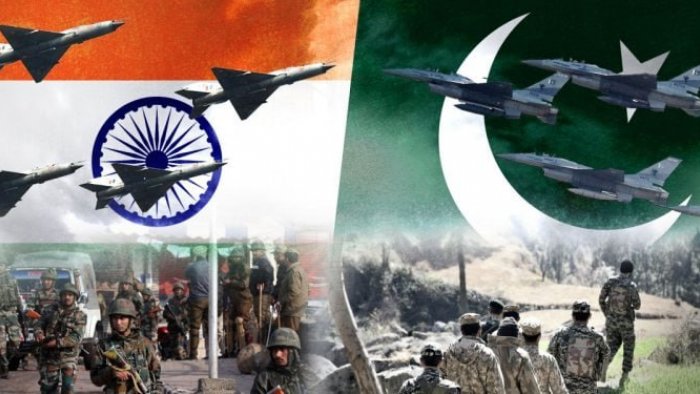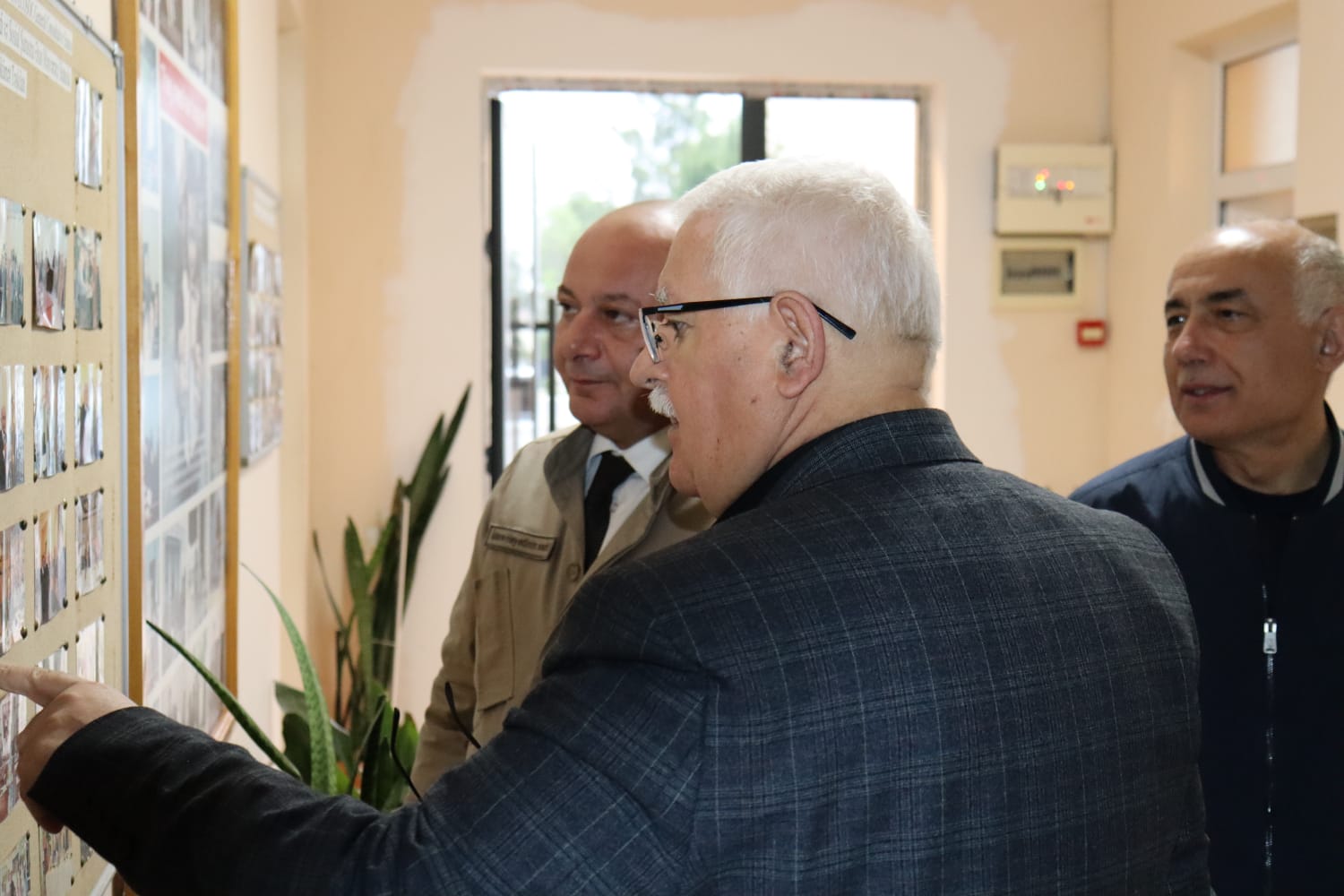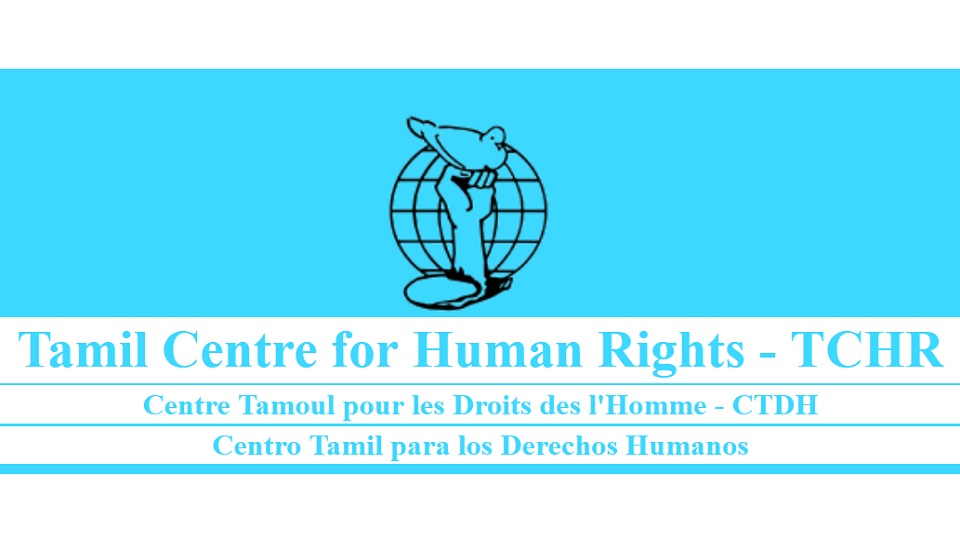In recent days, the United States and its spokesmen working in the State Department have made certain biased speeches to attract all the interests of the public to the South Caucasus region. Samantha Power, the head of the USAID organization, said that Azerbaijan "threatens" the sovereignty of Armenia, the adoption of the "907th amendment" against Azerbaijan, and the "forced" relocation of nearly 100,000 ethnic Armenians from Karabakh. It should be noted that Mrs. Power, who was in our region in September, did not meet a single West Azerbaijani during her visit. However, many requests have been made in this regard.

In summary, the main question here is, why is the USA so active in the region?
Based on our research, at the end of last year, the US Administration published a new 48-page National Security Strategy, which answers all the questions. In the preamble of this document, it is noted that the world has been at a turning point since the first days of Joe Biden's presidency. In this regard, how Washington responds to challenges and opportunities will determine the direction of its development. It will affect not only the security of the American people, but the entire world.
"The world is now at the beginning of a decisive decade that will determine the terms of geopolitical competition between great powers. At the same time, the main challenge facing Washington, the document's authors say, is the fact that the post-Cold War era is finally over and there is competition between great powers over what comes next. However, Washington believes that no country in the world today is better positioned to succeed in this struggle, because the fact that the United States shares its interests in the world with many countries means that it has many allies. is mentioned in the National Security Strategy. A typical American position. Here, it was noted that the United States has taken a more active role in the post-Soviet space, and the weakening of Russia's position, mainly in the Caspian region.
The goal is to suppress Russia.
Analysis of the impact of ongoing geopolitical events on the situation in the South Caucasus region shows that the United States is using current global processes to strengthen its influence within Russia's traditional interests by strengthening interaction with the countries of the region.
In the provisions of the new US National Security Strategy, Central Asia and the South Caucasus are mentioned in the document as important areas of interest for Washington.
"First of all, this region is an effective tool for the United States to solve the problem of "reducing Europe's dependence on Russian gas" and "strengthening Europe's energy security." In this regard, the United States is ready to help the countries of Central Asia and Europe "increase their resistance to Russia's energy war tactics".
To achieve this goal, the Strategy highlights the need to strengthen relations with the European Union (EU) through intelligence sharing, strategic alignment and coordinated action. In addition, the United States considers it important to strengthen the integration between Central Asia, the South Caucasus and Europe. The "5+1" format with the participation of the Central Asian countries in Kazakhstan in February of last year and this year, and the warming in the direction of Georgia and Azerbaijan in the South Caucasus region are ideal examples of these. In particular, there are 2 countries in our region with bad relations with Russia: Armenia and Georgia. It goes without saying that if it were the opposite, the scenario would be different now. The US could have used us instead of supporting Armenia.
Apart from that, it is important to note here the opinions of the speakers and experts of the USA regarding the Caspian countries of the Central Asian region. Since the beginning of the Ukrainian war, they have repeatedly talked about the importance of relations with the countries of the region. American experts call the "Middle Corridor" or the Trans-Caspian International Transport Route, which is intended to increase the economic independence and wealth of the post-Soviet countries of the region, the main unifying economic project for the Caspian littoral countries.

From the above, it can be concluded that the events in Ukraine prefigured significant changes in the geopolitical situation in the Caspian region. These particular concepts have been put forward for years.
 (Spikeman: World Island concept)
(Spikeman: World Island concept)
In the 90s, the importance of the countries of Central Asia and the Caucasus to continue the suppression of Russia in the old space of the USSR was noted. Although they already think that the ideal time has come. The goal of the United States is to break the development vector of the five-way cooperation formed in recent years aimed at creating a space of peace, cooperation and mutual understanding in the Caspian Sea. There is no doubt that such approaches of America will affect the situation in the Caspian Sea may cause a violation of integrity.
Akbar Novruz











